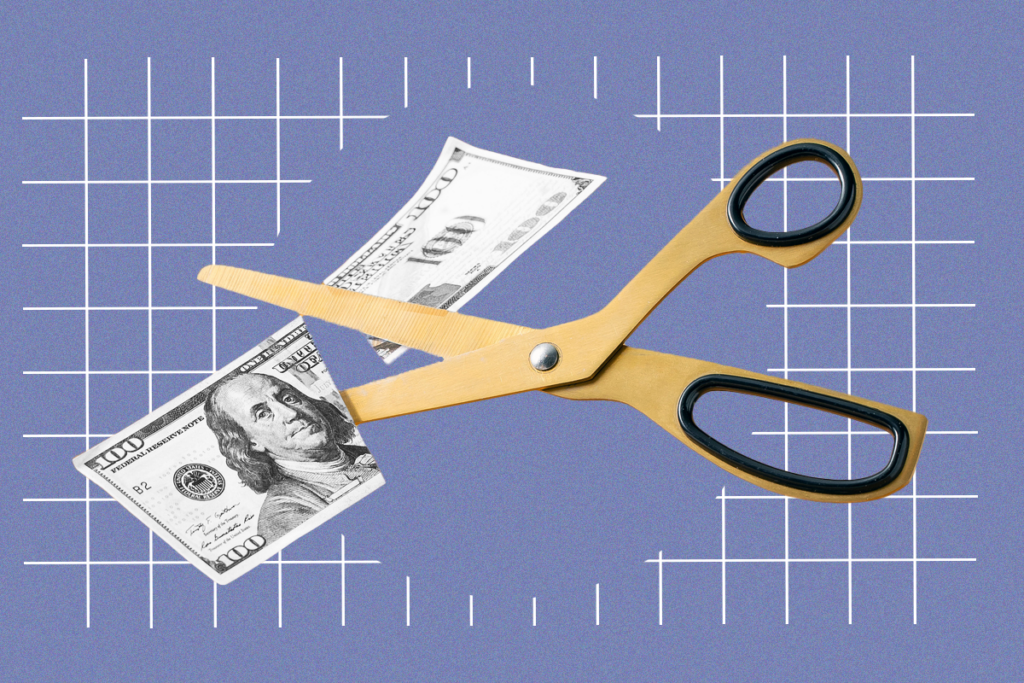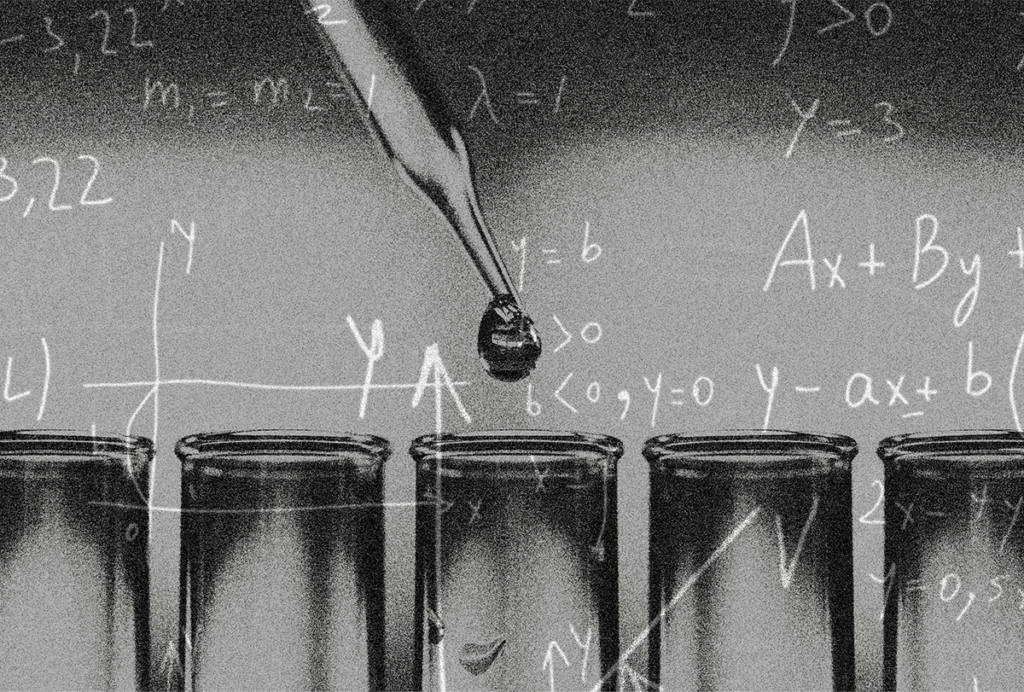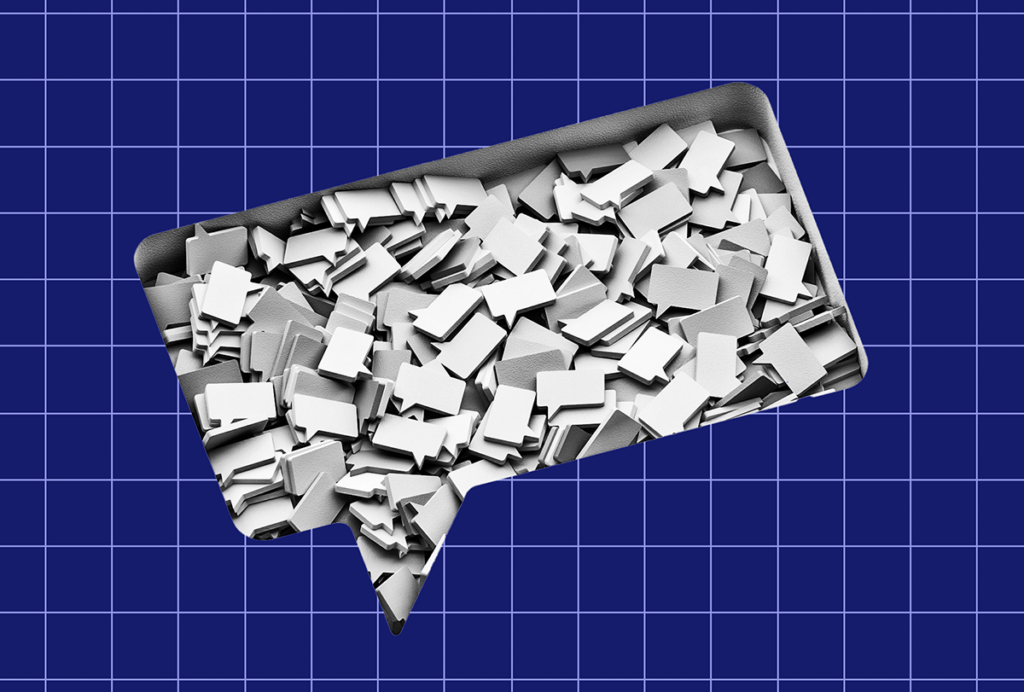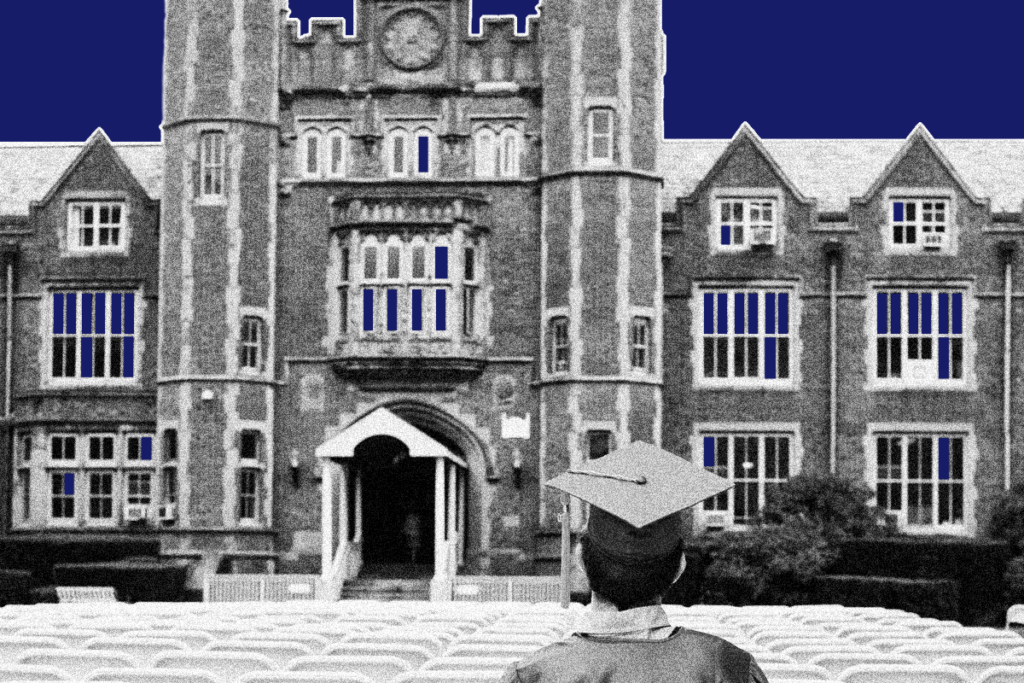Academia
Recent articles
As federal funders desert mentorship programs for marginalized students, trainee-led initiatives fill the gap
Grassroots organizations, led by graduate students and postdoctoral researchers, are stepping up to provide neuroscience career training and guidance for students from marginalized backgrounds—and they need your support.

As federal funders desert mentorship programs for marginalized students, trainee-led initiatives fill the gap
Grassroots organizations, led by graduate students and postdoctoral researchers, are stepping up to provide neuroscience career training and guidance for students from marginalized backgrounds—and they need your support.
Exclusive: NIH nixes funds for several pre- and postdoctoral training programs
Many of the axed grants support scientists from underrepresented communities.

Exclusive: NIH nixes funds for several pre- and postdoctoral training programs
Many of the axed grants support scientists from underrepresented communities.
Five things to know if your federal grant is terminated
If you want to appeal the decision, know the rules that govern terminations, as well as the specific rationale given in your notice, science policy experts say.

Five things to know if your federal grant is terminated
If you want to appeal the decision, know the rules that govern terminations, as well as the specific rationale given in your notice, science policy experts say.
The future of neuroscience research at U.S. minority-serving institutions is in danger
Cuts to federally funded programs present an existential crisis for the University of Puerto Rico’s rich neuroscience community and for research at minority-serving institutions everywhere.

The future of neuroscience research at U.S. minority-serving institutions is in danger
Cuts to federally funded programs present an existential crisis for the University of Puerto Rico’s rich neuroscience community and for research at minority-serving institutions everywhere.
El futuro de la investigación neurocientífica en instituciones que sirven minorías está en peligro
Los recortes a los programas financiados con fondos federales representan una crisis existencial para la rica comunidad neurocientífica de la Universidad de Puerto Rico y para la investigación en instituciones que atienden a minorías en todo Estados Unidos.

El futuro de la investigación neurocientífica en instituciones que sirven minorías está en peligro
Los recortes a los programas financiados con fondos federales representan una crisis existencial para la rica comunidad neurocientífica de la Universidad de Puerto Rico y para la investigación en instituciones que atienden a minorías en todo Estados Unidos.
Learning scientific rigor: Q&A with Konrad Kording and Hao Ye
The developers of a new open-access curriculum to teach rigor discuss confirmation bias and other common errors in scientific thinking, plus ways to avoid these missteps.

Learning scientific rigor: Q&A with Konrad Kording and Hao Ye
The developers of a new open-access curriculum to teach rigor discuss confirmation bias and other common errors in scientific thinking, plus ways to avoid these missteps.
Calculating neuroscience’s carbon cost: Q&A with Stefan Pulver and William Smith
The two scientists discuss how to estimate a research project’s carbon emissions, from supply procurement to energy usage.

Calculating neuroscience’s carbon cost: Q&A with Stefan Pulver and William Smith
The two scientists discuss how to estimate a research project’s carbon emissions, from supply procurement to energy usage.
2025 Brain Prize honors pair of cancer neuroscientists
Michelle Monje and Frank Winkler share the $1.4 million award for their discovery of synapses between brain cancer cells and neurons.

2025 Brain Prize honors pair of cancer neuroscientists
Michelle Monje and Frank Winkler share the $1.4 million award for their discovery of synapses between brain cancer cells and neurons.
Amid confusion around U.S. science, some neuroscientists prepare to rally
Eight neuroscientists at different career stages spoke with The Transmitter about whether they plan to participate in the upcoming “Stand Up for Science” demonstrations across the United States on 7 March.

Amid confusion around U.S. science, some neuroscientists prepare to rally
Eight neuroscientists at different career stages spoke with The Transmitter about whether they plan to participate in the upcoming “Stand Up for Science” demonstrations across the United States on 7 March.
Neuroscience Ph.D. programs adjust admissions in response to U.S. funding uncertainty
Some departments plan to shrink class sizes by 25 to 40 percent, and others may inadvertently accept more students than they can afford, according to the leaders of 21 top U.S. programs.

Neuroscience Ph.D. programs adjust admissions in response to U.S. funding uncertainty
Some departments plan to shrink class sizes by 25 to 40 percent, and others may inadvertently accept more students than they can afford, according to the leaders of 21 top U.S. programs.
Explore more from The Transmitter
Mitochondrial ‘landscape’ shifts across human brain
Evolutionarily newer regions sport mitochondria with a higher capacity for energy production than older regions, according to the first detailed map of the organelles in a tissue slice, adding to mounting evidence that the brain features a metabolic gradient.

Mitochondrial ‘landscape’ shifts across human brain
Evolutionarily newer regions sport mitochondria with a higher capacity for energy production than older regions, according to the first detailed map of the organelles in a tissue slice, adding to mounting evidence that the brain features a metabolic gradient.
Expediting clinical trials for profound autism: Q&A with Matthew State
Aligning Research to Impact Autism, a new initiative funded by the Sergey Brin Family Foundation, wants to bring basic science discoveries to the clinic faster.

Expediting clinical trials for profound autism: Q&A with Matthew State
Aligning Research to Impact Autism, a new initiative funded by the Sergey Brin Family Foundation, wants to bring basic science discoveries to the clinic faster.
This paper changed my life: Shane Liddelow on two papers that upended astrocyte research
A game-changing cell culture method developed in Ben Barres’ lab completely transformed the way we study astrocytes and helped me build a career studying their reactive substates.

This paper changed my life: Shane Liddelow on two papers that upended astrocyte research
A game-changing cell culture method developed in Ben Barres’ lab completely transformed the way we study astrocytes and helped me build a career studying their reactive substates.